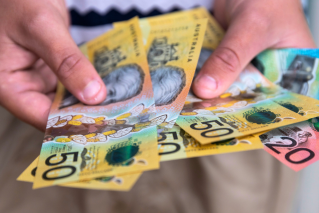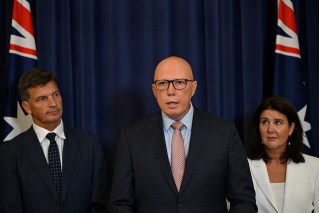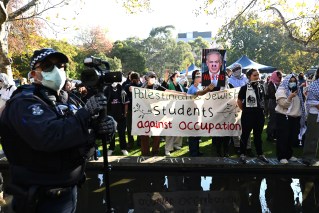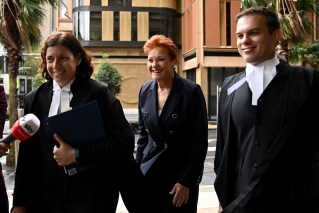Does the Liberal Party have a toxic image problem with voters?

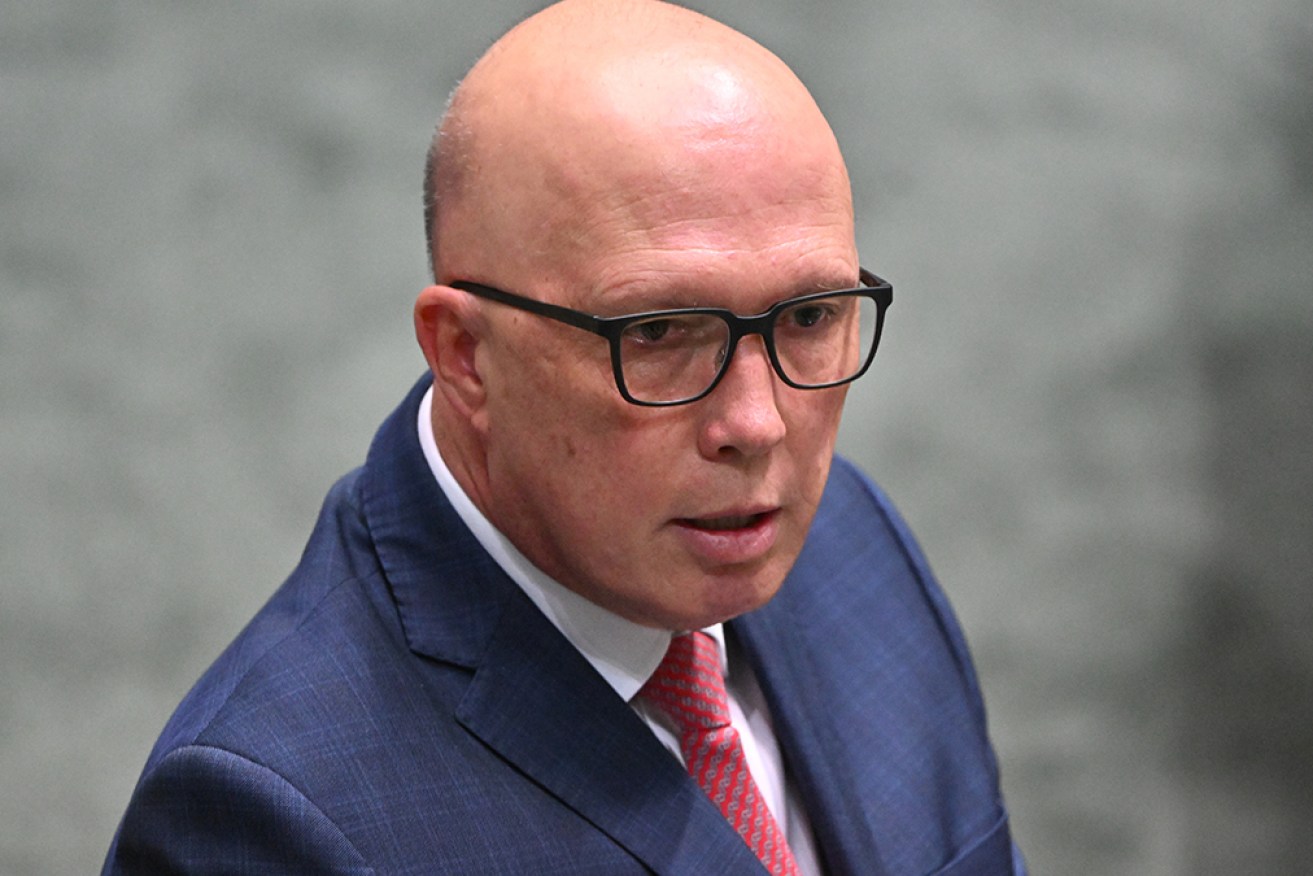
Peter Dutton's leadership style is driving away voters, according to an expert in Australian mass media. Photo:
Peter Dutton, few promoted women, and candidates with extreme views are among the factors contributing to the Liberal Party’s problem with moderate and women voters, experts say.
The party lost several long-held ‘blue ribbon’ seats to independent candidates like Zoe Daniel and Monique Ryan at the 2022 election, while two byelections in Victoria have bruised Dutton’s leadership aspirations.
Meanwhile, state elections in Tasmania, Victoria and South Australia have seen the Liberal Party bleed more suburban voters.
Dr Andrew Hughes, a lecturer in marketing with expertise in political marketing at the Australian National University, said the Liberal Party’s brand is on the wane, particularly in suburban seats.
“The people who decide the outcome of elections are now women who are primarily in urban areas,” he said.
“The perception is the Liberal Party is out of touch and they’re not listening, and that further erodes any sort of trust in the brand itself.”
He said the party’s failure to recognise its brand is “on the slide” is making it unpalatable to voters it needs to win over before the next federal election.
“They’re maximising their vote in some electorates around Australia like regional areas and in Queensland,” Hughes said.
“The Liberal brand is absolutely on the wane when you look at their decline in federal seats.
‘‘It’s remarkable in Victoria, which is one of the traditional heartlands.”
The ‘women problem’
Rod Tiffen, emeritus professor in government at the University of Sydney, said the Liberal Party’s rhetoric has pushed women away from the party.
“There was a time during the ’60s and the Menzies era when women were far more likely to vote Liberal than men,” he said.
“Peter Dutton is doing an agro-style of politics, but that isn’t going to help them win back the teal seats and more generally the affluent middle-class seats that used to be their base.”
He said scare campaigns around immigration and climate denialism are also weighing down the party.
“They may play well in the regional areas, even though that isn’t absolutely clear, but it isn’t a path back to government,” he said.
“Somehow, they’ve got to get a platform that appeals to both constituencies, and there doesn’t seem to be any sign of that happening yet.”
The party has a historically low number of women within its ranks, but has resisted implementing quotas or requirements to promote female candidates in safe seats.
Back to the future
Scott Morrison’s personal brand was cited as a major reason for the Liberal Party’s defeat in the 2022 election.
In byelections and state elections since, the party has failed to win back those who voted for independent and minor parties.
Dr Rob Manwaring, an associate professor at Flinders University’s College of Business, Government and Law, said it isn’t a coincidence that the teal MPs are prominent women from professional backgrounds.
“The party has systematically failed to recruit and put in place women candidates,” he said.
“Parts of the electorate and certain men are responding well to that, but it’s proving ultimately damaging to the electoral fortunes of the party.”
In safe seats facing byelections, like Cook and Fadden, the party has almost exclusively nominated male candidates.
Fringe candidates
The Dunstan byelection in South Australia played out in the backdrop of a bitter internal power struggle between moderate and conservative factions within the state, following Alex Antic knocking Anne Ruston from the No.1 federal Senate ticket.
Manwaring said if the Liberal Party continues to have an image of failing to promote women and pushing extremist candidates, it will fail to pick up the seats it needs to form government.
“It’s a broad church, and when the party has been at its most successful it’s managed to do this,” he said.
“Here in South Australia, there is a real concern about the recruitment of a kind of religious and evangelical voters to shore up the conservative wing.”
He said as most countries have become more socially liberal, by decriminalising homosexuality and legalising gay marriage, there has been a “cultural backlash” towards progressive politics.
“Major parties in most countries in terms of vote share are on the decline, including Australia, and this is a particular problem for centre-right parties,” he said.
“What’s going on here in Australia, a sort of identity crisis of the Liberal Party, is a global phenomenon.”


